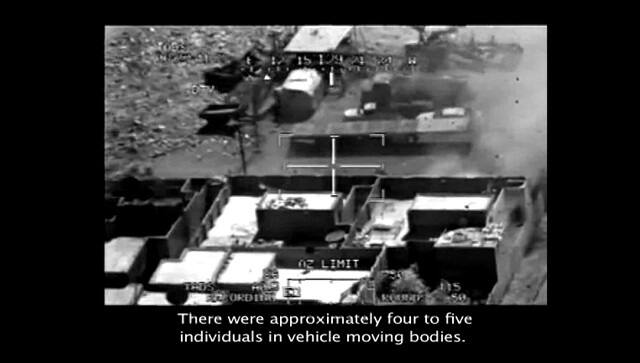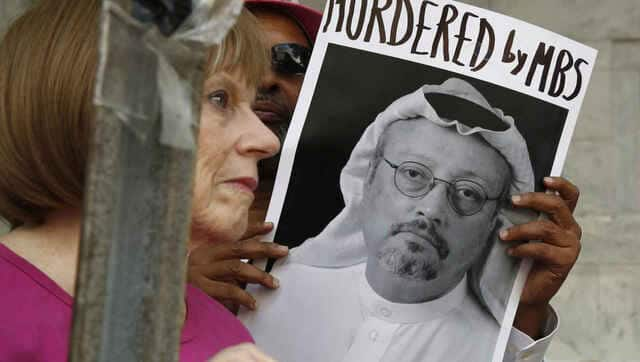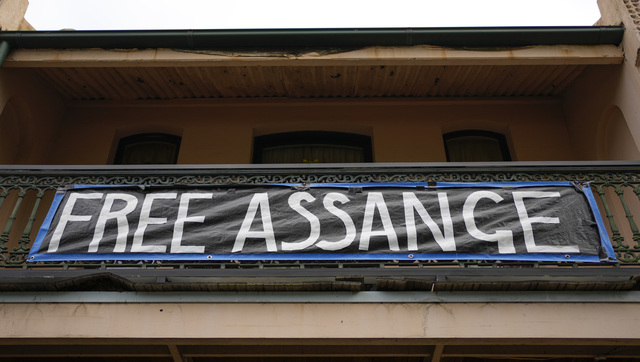The ongoing Ukraine war has, in recent times, served as a theatre for moral grandstanding on human rights and freedom by Western powers. So much so that US President Joe Biden’s speech — “Tonight we meet… with a duty to one another, to America, American people and the Constitution. But most importantly with an unwavering resolve that freedom will always triumph over tyranny” — in the Capitol Hill on 1 March was met with a standing ovation. Since its inception, discourse around the war has projected it as an unprecedented apocalyptic battle between good and evil, with Russia fulfilling the role of the latter. Amid this it was reported that the British government on 17 June ordered the extradition of WikiLeaks founder Julian Assange to the United States to face spying charges. Home Secretary Priti Patel signed the order authorising Assange’s extradition to the US, where he faces up to 175 years in jail if found guilty by a US court. The case against Assange relates to the leaking of hundreds of thousands of classified documents, as well as diplomatic cables about Western abuses and excesses in the Afghanistan and Iraq wars in 2010, including a video of the ruthless killing of unarmed civilians. [caption id=“attachment_10816641” align=“alignnone” width=“640”]  Screen-grab from a classified US military video depicting the indiscriminate slaying of over a dozen people in the Iraqi suburb of New Baghdad – including two Reuters news staff. wikileaks.org[/caption] The hypocrisy is so hard to miss. Wikileaks has been ‘outing’ corrupt governments for a while. For instance, in 2007, it published the secret report of a Kenyan government investigation into official corruption. The document revealed that previous US-backed President Daniel Arap Moi and his closest associates had looted the impoverished country’s economy to the tune of hundreds of millions of dollars. Its publication sparked mass anger and impacted the Kenyan national election held in late 2007. In subsequent years, the organisation published sensitive and significant data related to the government action of Iceland, Peru, and Cayman Islands. But it only caught the public eye after it published, with the help of army officer Bradley Manning (now Chelsey Manning), documents related to the war crimes committed by the US military in Iraq and Afghanistan in 2010. The persecution What followed was a witch-hunt by the same country, which today has accused Russia of committing war crimes in Ukraine and wants it to be tried in international court. According to a September 2021 report by Yahoo News, the Central Intelligence Agency (CIA), during Donald Trump’s presidency, had chalked out plans to kidnap and possibly assassinate Assange when he was holed up in the Ecuadorian embassy in London. Assange has been charged in 17 federal counts under the Espionage Act, which was used by the authorities to cow, investigate, shut down and even prosecute news outlets that challenged the Woodrow Wilson administration’s policies during World War I, and one count for computer misuse. Besides, the most common argument used against him is that releasing such information has endangered lives. However, interestingly, James Lewis QC who represented the US in Assange’s extradition hearing in London said in 2020, “The US is aware of sources, whose redacted names and other identifying information was contained in classified documents published by Wikileaks, who subsequently disappeared, although the US can’t prove at this point that their disappearance was the result of being outed by Wikileaks.” It has still not been proven. Who is a journalist? The most chilling aspect of this case is the casting of a whistleblower/activist/journalist into a spy. One of the common arguments against Assange in the US is that he is no journalist. John le Carré and Ian Fleming have taught us that a spy is one who works for a government or other organisation by secretly obtaining information about enemies or competitors. The bravery or the villainy of the spy would of course depend on which side the reader is. In the case of Assange, who is facing ‘spying charges’ under the Espionage Act, has been accused of “soliciting, obtaining, and then publishing classified information”. But as Carrie DeCell of the Knight Institute at Columbia University observed, “Exactly what good national security and investigative journalists do every day.” The blurring of the line between a spy and an investigating journalist or whistleblower (Chelsea Manning too was tried under the Espionage Act) by a government has serious implications for press freedom not just in the US but also across the world. If Assange is indicted it would establish a precedent that deems actions related to obtaining, and in some cases publishing, state secrets to be criminal. Should governments get to decide who is a journalist and what is deemed as journalism? The irony The US on Thursday, a day before UK approved Assange’s extradition to the country, renamed a street in front of the Saudi embassy in Washington DC after Jamal Khashoggi, who was murdered by Saudi agents. [caption id=“attachment_10816681” align=“alignnone” width=“640”]  File image of protests outside the Embassy of Saudi Arabia about the disappearance of Saudi journalist Jamal Khashoggi, in Washington. AP[/caption] “We intend to remind the people who are hiding behind those doors, we intend to remind them every day, every hour, every minute, that this is Jamal Khashoggi Way,” said Sarah Leah Whitson, executive director of Democracy for the Arab World Now. Khashoggi too was a journalist, who was allegedly ‘punished’ for criticising the policies of Crown Prince Mohammed bin Salman, the son of King Salman and Saudi Arabia’s de facto ruler. It was US intelligence, which concluded that Mohammed bin Salman approved the killing, although he has denied this. Again in 2020, a US congressman had appealed to the State Department to urge China to investigate the disappearance of three Chinese citizen journalists who sought to expose the impact of Covid-19 on the Chinese city of Wuhan — one of whom was later found to have been detained by Chinese authorities. Were these journalists also seen as spies by their governments, bent on denigrating their countries on the global stage? What Assange and his organisation wanted to do was start a conversation on transparency and accountability and yet today he finds himself casted as a spy and being tried by the very same country whose abominable actions he tried to expose. Meanwhile the entire issue of their excesses in other sovereign countries driven by the sole desire to exploit hidden in heavy jargons of democracy lies forgotten. The decade-long and single-minded persecution of Assange, an Australian journalist — a fact often lost among the literature on his ‘crimes’, his mental health, and sexual relations — by the Western powers is a resounding warning to all people in pursuit of truth. It will also serve as a reminder to future generations that whether it is Daniel Ellsberg, Edward Snowden or Julian Assange, whether it is a Democrat or a Republican, the result will always be the same for anyone whose actions are deemed opposed to the State’s interest — they will be vilified and eventually crucified. Read all the Latest News , Trending News , Cricket News , Bollywood News , India News and Entertainment News here. Follow us on Facebook, Twitter and Instagram.
The decade-long and single-minded persecution of Julian Assange by the Western powers is a resounding warning to all people in pursuit of truth
Advertisement
End of Article


)

)
)
)
)
)
)
)
)



